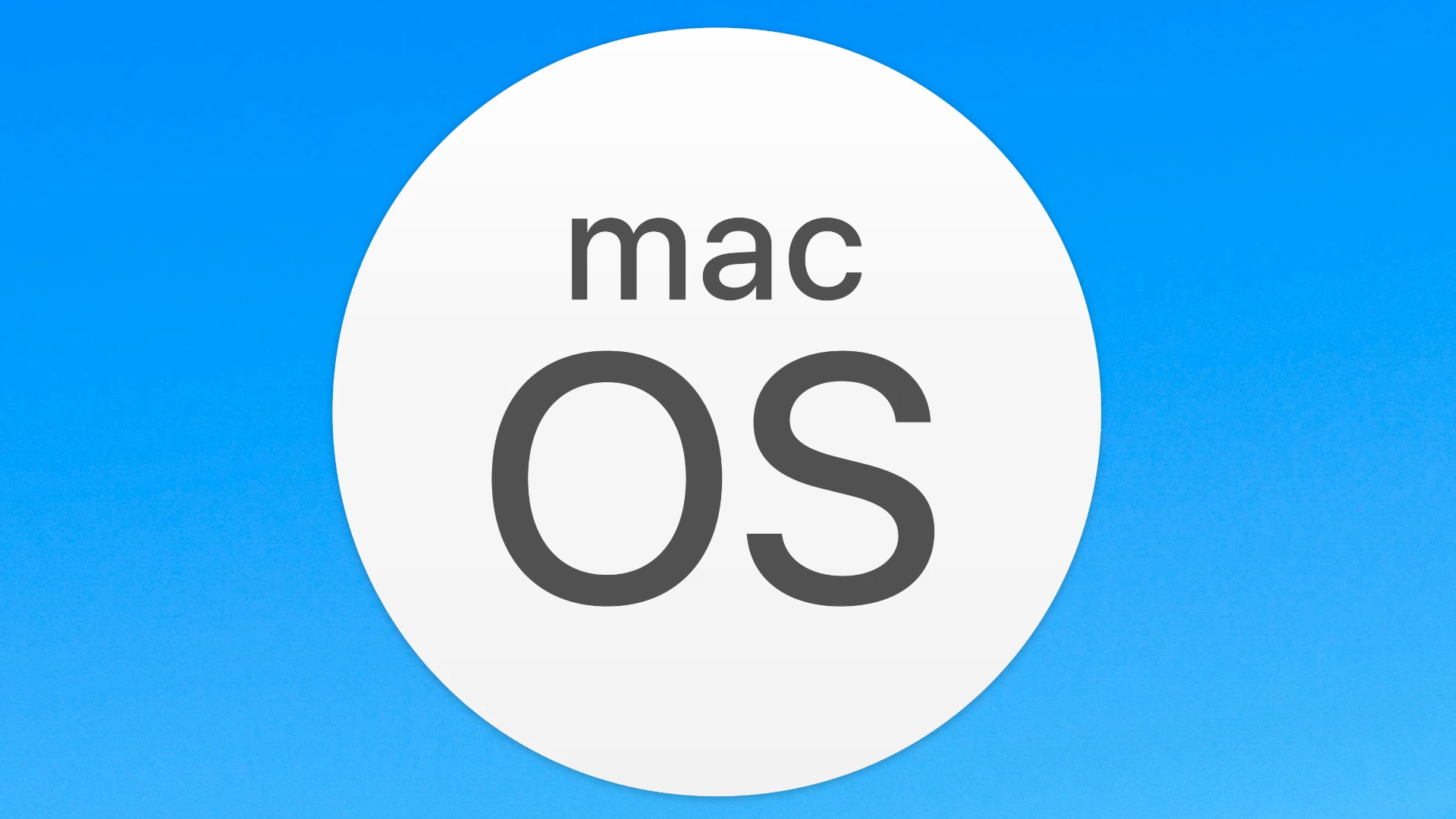Microsoft has identified a critical vulnerability in macOS, designated as CVE-2024-44243, that could allow attackers to bypass key security measures and deploy rootkits. This discovery highlights the need for timely software updates and cooperation within the tech industry to enhance security.
It emphasizes the importance of vigilance and preparedness against evolving cyber threats, underscoring the necessity of robust security practices to protect sensitive data and maintain system integrity.
Understanding the macOS Vulnerability CVE-2024-44243
What is CVE-2024-44243?
Microsoft researchers found a security issue in macOS. This issue is known as CVE-2024-44243. It could let bad actors install rootkits. A rootkit is like a secret key that gives someone deep control over your computer. This is a serious problem because it can bypass System Integrity Protection (SIP).
How SIP Works and Why This Matters
SIP is a core macOS security feature. It stops bad software from messing with important system files. Think of it as a security guard for your Mac’s core software. CVE-2024-44243 could let attackers sneak past this guard. They could then install malicious software that is very hard to detect and remove.
The Role of Kernel Extensions
Kernel extensions are small pieces of code. They add extra features to macOS. The vulnerability lets attackers load bad kernel extensions. This is how they can install rootkits. Once a rootkit is in place, the attacker has a lot of power. They can spy on you, steal data, or even completely take over your Mac.
Impact and Mitigation
This vulnerability gives attackers with root privileges a way to bypass SIP. This allows them to load malicious kernel extensions. This is a big deal because it undermines a key security feature of macOS. Apple has released a patch in macOS Sequoia 15.2. Updating your Mac is crucial to stay safe.
Technical Details and Timeline
Microsoft found this problem and told Apple about it. This responsible disclosure helps keep users safe. Apple then worked on a fix. This whole process shows how important it is for security researchers and software companies to work together.
Comparison of Key Aspects
| Feature | Description |
|---|---|
| CVE-2024-44243 | The identifier for the macOS vulnerability. |
| System Integrity Protection (SIP) | A security feature in macOS that protects system files. |
| Rootkit | Malicious software that hides its presence and grants unauthorized access. |
| Kernel Extension | Code that adds extra features to macOS. |
| macOS Sequoia 15.2 | The macOS version that contains the patch for this vulnerability. |
Short Summary:
- The newly found vulnerability could let local attackers bypass System Integrity Protection (SIP).
- Exploitation may lead to the installation of permanent malware and rootkit deployment.
- Apple has patched this vulnerability in the latest update for macOS.
Microsoft has disclosed information regarding a newly discovered security vulnerability in macOS, assigned the identifier CVE-2024-44243. This flaw poses significant risks, as it permits local attackers with root privileges to bypass the System Integrity Protection (SIP), a vital security feature designed to shield critical system areas from modification, even by users with root-level access. As highlighted by Microsoft, this vulnerability could facilitate the installation of rootkits or malicious kernel drivers, potentially leading to persistent and unremovable malware on affected devices.
Jonathan Bar Or, a principal security researcher at Microsoft, explained the implications of this flaw, stating,
“Bypassing SIP could lead to serious consequences, such as increasing the potential for attackers and malware authors to successfully install rootkits, create persistent malware, bypass Transparency, Consent and Control (TCC), and expand the attack surface for additional techniques and exploits.”
This statement underlines the potential severity of the vulnerability and the importance of addressing it promptly.
System Integrity Protection, commonly referred to as SIP or ‘rootless,’ is a security protocol that was introduced in macOS El Capitan. Its primary function is to protect core macOS components by preventing unauthorized modifications by applications, even if they run with root permissions. This includes critical directories such as /System, /usr, /bin, /sbin, and others associated with pre-installed applications. SIP allows only Apple-signed processes or those with specific entitlements, such as software updates, to modify sensitive system files.
Explaining the technical aspect of the vulnerability, it was determined that CVE-2024-44243 exploits the Storage Kit daemon’s entitlement functionality—specifically, com.apple.rootless.install.heritable. This entitlement allows processes to invoke arbitrary operations without conducting adequate validation, subsequently enabling the deployment of harmful file system bundles in protected directories. One critical point of exploitation encompasses the ability to replace binaries associated with the Disk Utility, which can then be activated during disk management tasks, such as repairs.
Bar Or detailed the exploitation process:
“Since an attacker that can run as root can drop a new file system bundle to /Library/Filesystems, they can later trigger storagekitd to spawn custom binaries, hence bypassing SIP. Triggering the erase operation on the newly created file system can bypass SIP protections as well.”
This method indicates a sophisticated approach to circumvent traditional security protocols.
This vulnerability comes on the heels of another related issue identified by Microsoft concerning Apple’s TCC framework, also receiving the CVE designation (CVE-2024-44133). Microsoft emphasizes that the trend of discovered vulnerabilities capable of undermining macOS security mechanisms is notable, and highlights previously identified issues like the “Shrootless” (CVE-2021-30892) and “Migraine” (CVE-2023-32369) which also severed SIP protections.
Experts assert that exploiting CVE-2024-44243 would allow attackers direct access to modify the operating system’s protected areas. The fear extends beyond the immediate vulnerability, as the ability to bypass SIP measures enables a range of malicious activities including creating undetectable malware that persists in the system, even following typical removal processes.
Given the gravity of this security breach, Apple has promptly responded by integrating a fix into the latest macOS Sequoia 15.2 update released on December 11, 2024. Users of macOS are urged to promptly install this update to mitigate potential risks and restore system integrity.
In their disclosures, Microsoft has stressed the critical role that System Integrity Protection plays in safeguarding macOS devices. Bar Or maintained,
“SIP serves as a critical safeguard against malware, attackers, and other cybersecurity threats, establishing a fundamental layer of protection for macOS systems.”
The bypass of such a critical system failsafe calls into question the overall reliability of the operating system against sophisticated attacks.
The emergence of CVE-2024-44243 illustrates the dynamic nature of vulnerabilities in macOS, compelling both users and developers to remain vigilant and proactive in their cybersecurity efforts. As traditional security defenses struggle with more complex attack vectors, the focus shifts towards enhancing detection capabilities for anomalous behavior arising from specially entitled processes.
Security experts advocate for comprehensive measures, advising that organizations and individual users not only apply software updates in a timely manner but also continuously monitor systems for new vulnerabilities. The implications of undetected attacks can be severe, eroding trust and prompting significant operational disruptions.







